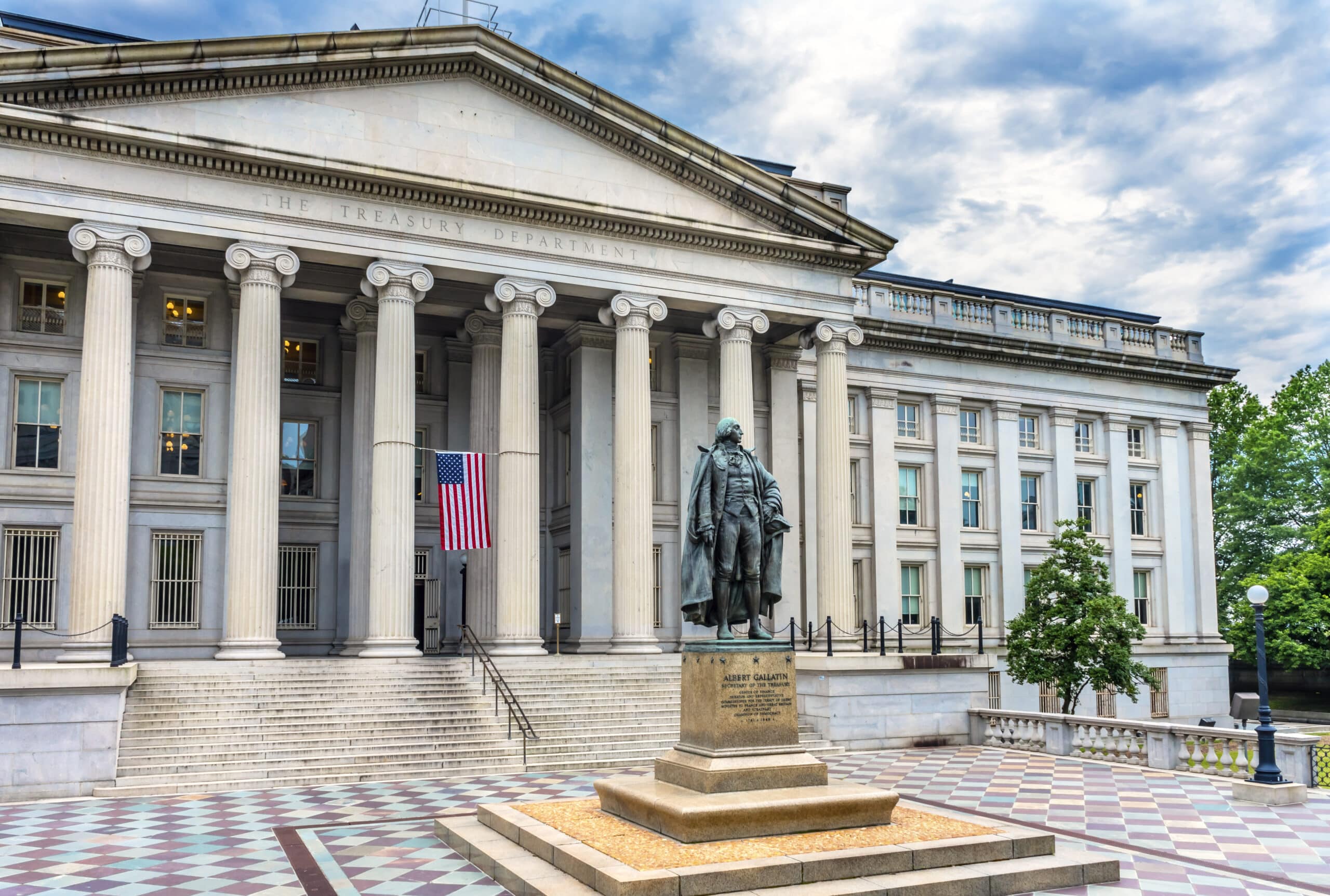The U.S. Treasury Department has withdrawn a rule proposed by the Financial Crimes Enforcement Network (FinCEN) that sought to apply reporting requirements for digital asset transactions from regulated exchanges to individual unhosted wallets.
Called “Requirements for Certain Transactions Involving Convertible Virtual Currency or Digital Assets,” the proposed rule was often referred to as “the midnight unhosted wallet rule.” It emerged in 2020, and if implemented would have “require[d] banks and money service businesses to submit reports, keep records, and verify the identity of customers in relation to transactions involving convertible virtual currency (CVC) or digital assets” held by cryptocurrency wallet software, according to a document published in the Federal Register of August 16, 2024.
If the rule had been enacted, the additional reporting requirements for unhosted wallets would be “a form of warrantless search and seizure of private financial records,” according to a 2020 blog post from crypto think tank Coin Center.
“Unhosted wallets” refers to what most crypto users think of simply as “wallets” — the software that holds your private keys and manages transactions. Legislation also frequently refers to these as non-custodial wallets and self-hosted wallets.
Read More: Silence on Crypto in New Democratic Platform Contrasts Sharp Pro-Crypto Stance of Trump and GOP
Because transacting with crypto wallets doesn’t involve a regulated financial institution, it doesn’t currently involve know-your-customer procedures, meaning users can transact pseudonymously. Unhosted wallet users have sole control of their funds and the private keys needed to make transactions, giving users greater responsibility for security in their finances.
According to the Federal Register, the Treasury withdrew the proposed rule on April 12 of this year. According to Yaya J. Fanusie, the director of policy of anti-money laundering and cyber risk at the Crypto Council for Innovation, “There was pretty strong consensus that it was not technically feasible to subject self-hosted wallets to the exact same obligations as custodial wallets. Looks like [the] Treasury agreed, eventually.”
“This is an important development, especially as other jurisdictions are trying to figure out how to best manage illicit finance risks with [self-hosted wallets],” Fanusie said on X. The key lesson is that “the most effective [anti-money laundering] approaches are risk-based and must take into consideration how the technology actually works.”
Responding to news of the withdrawal, some in the crypto space celebrated, calling the move a collective victory.
“This was a team effort — one of the first showings of crypto’s strength in Washington, with many of our allies sounding the alarm and mobilizing the industry, including @CoinCenter, @EFF (Electric Frontier Foundation),@FightfortheFtr, and many others,” Blockchain Association CEO Kristin Smith wrote on X,
FinCEN did not immediately respond to Unchained’s request for comment.



